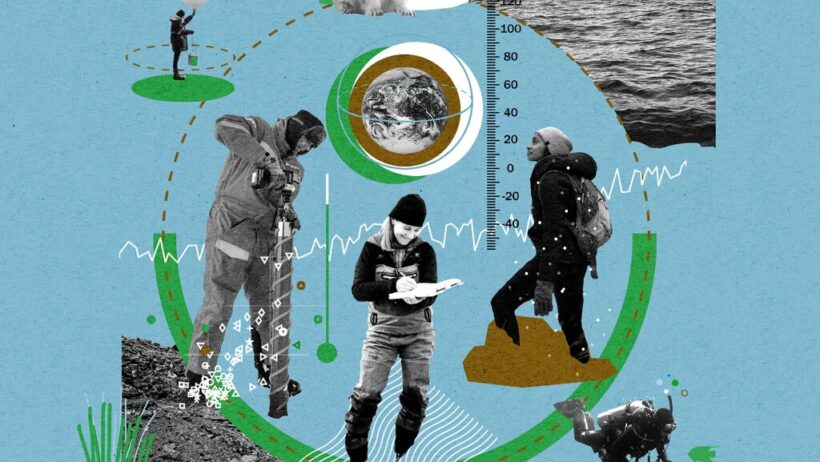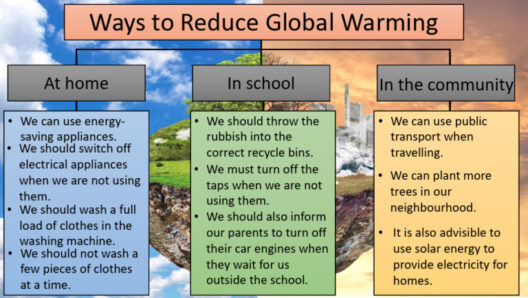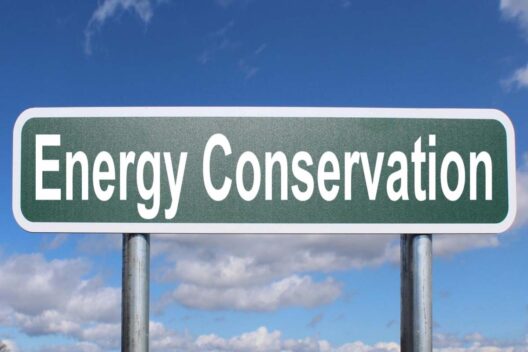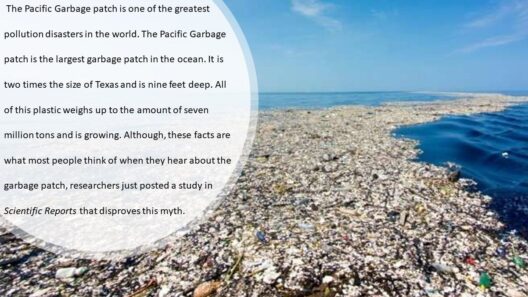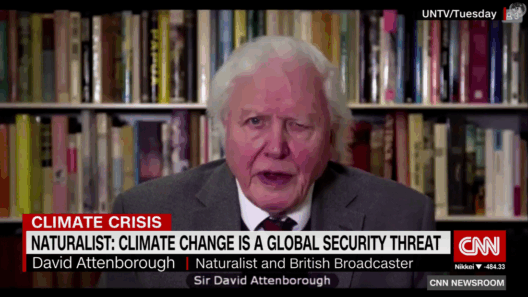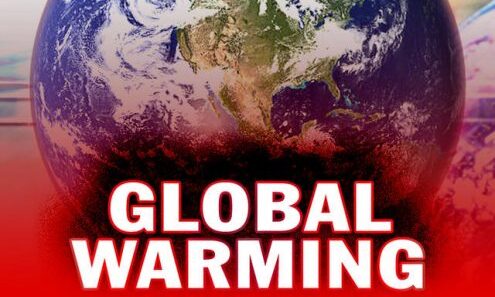Global warming, often referred to interchangeably with climate change, has emerged as one of the most pressing dilemmas confronting humanity. However, understanding global warming necessitates a more nuanced exploration that extends beyond temperature fluctuations and erratic weather patterns. It encapsulates an intricate matrix of ecological, social, and economic interdependencies that pervade every facet of existence. This article elucidates the multifarious ramifications of global warming, shedding light on its widespread impacts and the critical call to action it necessitates.
To fathom the depth of global warming, one must first comprehend its underlying scientific principles. The phenomenon is primarily driven by the greenhouse effect, a natural process wherein certain gases in Earth’s atmosphere trap heat. While the greenhouse effect is indispensable for sustaining life, human activities—such as burning fossil fuels, deforestation, and industrial processes—have exacerbated the concentration of greenhouse gases, leading to an unprecedented rise in global temperatures. The consequences are far-reaching, influencing not just the environment, but also human health, biodiversity, and economic stability.
One cannot discuss global warming without addressing its profound impact on weather patterns. The increasing frequency of extreme weather events, such as hurricanes, droughts, and wildfires, is a direct consequence of altered climatic conditions. These occurrences hinge upon the destabilization of atmospheric systems, which are sensitive to temperature variations. For instance, warmer air can hold more moisture, thus resulting in heavier precipitation during storms, while simultaneously increasing evaporation rates in arid regions. This duality creates a fertile ground for both floods and droughts, rendering agricultural practices precarious and threatening food security worldwide.
Moreover, the melting of polar ice caps and glaciers is one of the most visually stark embodiments of global warming. This phenomenon contributes to rising sea levels, jeopardizing coastal communities and ecosystems. As glaciers recede, they exacerbate the salinization of freshwater resources, further straining water supplies in numerous regions. The displacement of populations, often referred to as “climate refugees,” is becoming a grim reality as entire communities are forced to abandon their homes, disrupted by encroaching seas. This humanitarian aspect of climate change demands immediate attention, as it intertwines with social justice issues and geopolitical tensions.
Beyond human displacement, the biodiversity crisis intensifies in the wake of global warming. Rising temperatures and shifting habitats challenge numerous species’ survival, leading to altered migration patterns and breeding cycles. Many organisms cannot adapt quickly enough to these burgeoning changes, culminating in a significant loss of biodiversity. From coral bleaching in marine ecosystems, resulting in the destruction of vibrant coral reefs, to terrestrial biodiversity crises that threaten keystone species, the implications are dire. Ecosystems — complex webs of life — are dissolving at an alarming rate, raising concerns over the ecological services they provide, which are vital to human health and survival.
Economically, global warming poses significant threats that reverberate across all sectors. Industries reliant on natural resources, such as agriculture, fisheries, and tourism, are particularly vulnerable. The agricultural sector, for example, faces challenges including pest proliferation and unpredictable weather, which can devastate crop yields. Additionally, the financial ramifications of climate-related disasters cannot be overstated; the costs associated with recovery, infrastructure rebuilding, and healthcare in the aftermath of such calamities can cripple economies. The need for sustainable practices thus emerges not merely as a choice, but as an economic imperative.
Socially, the ramifications of global warming are equally profound, engendering disparities that disproportionately affect marginalized communities. Vulnerable populations often lack the resources and adaptive capacity needed to respond to climate-related disruptions. This exacerbation of existing inequalities manifests in health disparities, diminished livelihoods, and compromised access to essential services. The intersectionality of climate change highlights the need for inclusive policies and practices that prioritize equity and justice, ensuring that the voices of those most affected are amplified in the discourse surrounding climate action.
Highlighting the interconnectedness of global warming across disciplines underscores the urgency for comprehensive solutions. Mitigation strategies must encompass wide-ranging efforts such as transitioning towards renewable energy sources, protecting and restoring forests, and enhancing energy efficiency. These actions not only serve to curtail greenhouse gas emissions but also propel economic innovation and job creation. For instance, investments in green technology and sustainable infrastructure can yield significant economic returns while simultaneously fostering environmental stewardship.
Adaptation, as a complementary strategy, involves modifying systems to cope with the changes that are already in motion. This includes fortifying coastal defenses, implementing sustainable agricultural practices, and designing resilient urban landscapes. Effective communication about the necessity of adaptation strategies is critical in mobilizing collective efforts at local, national, and global levels.
The role of individuals in combating global warming cannot be overstated. Grassroots movements and community engagement have demonstrated remarkable potential to influence policy changes and advocate for sustainable practices. Individual actions, such as reducing carbon footprints, embracing renewable energy, and advocating for systemic changes, coalesce into a formidable force for climate action. Collective awareness and educational outreach play crucial roles in fostering an informed public that can champion policy reforms that mitigate climate change impacts.
Global warming is not an isolated affliction; it is an all-encompassing dilemma that intertwines with societal, ecological, and economic threads. Addressing this intricate web of challenges demands systemic change rooted in collaboration, innovation, and a commitment to equity. The path forward necessitates a paradigm shift, one that recognizes the symbiotic relationship we share with our environment. It is imperative that we act decisively, not only to mitigate the impacts of climate change but to cultivate a sustainable future for generations to come.


